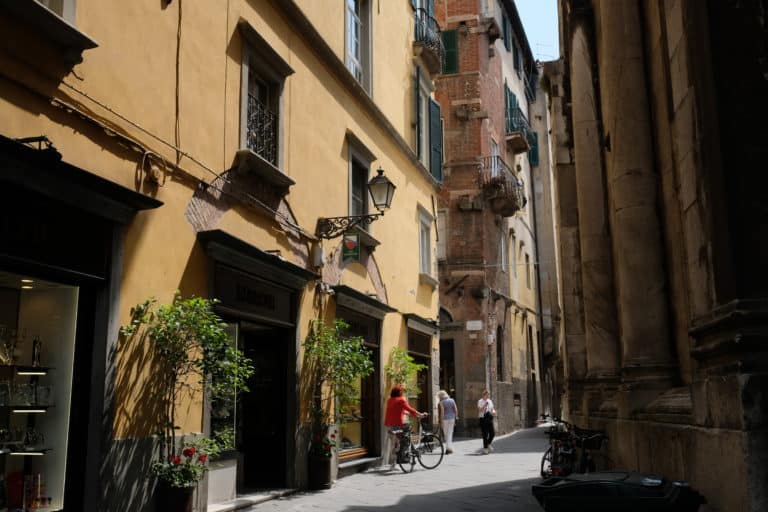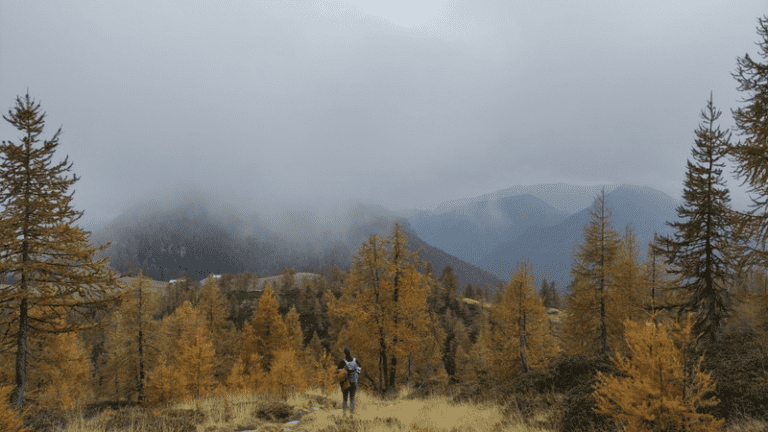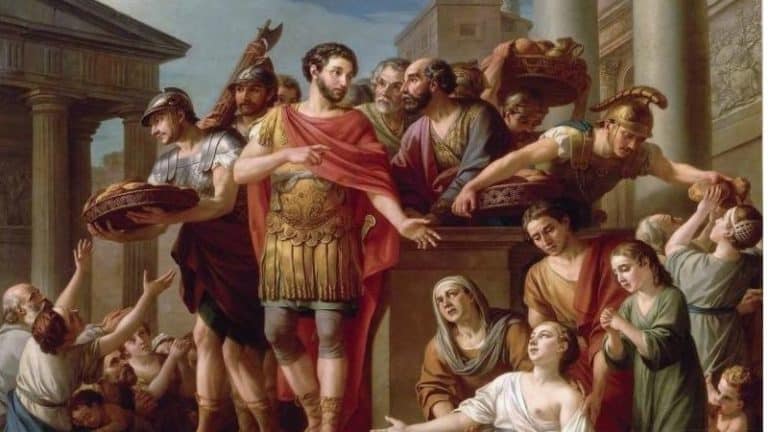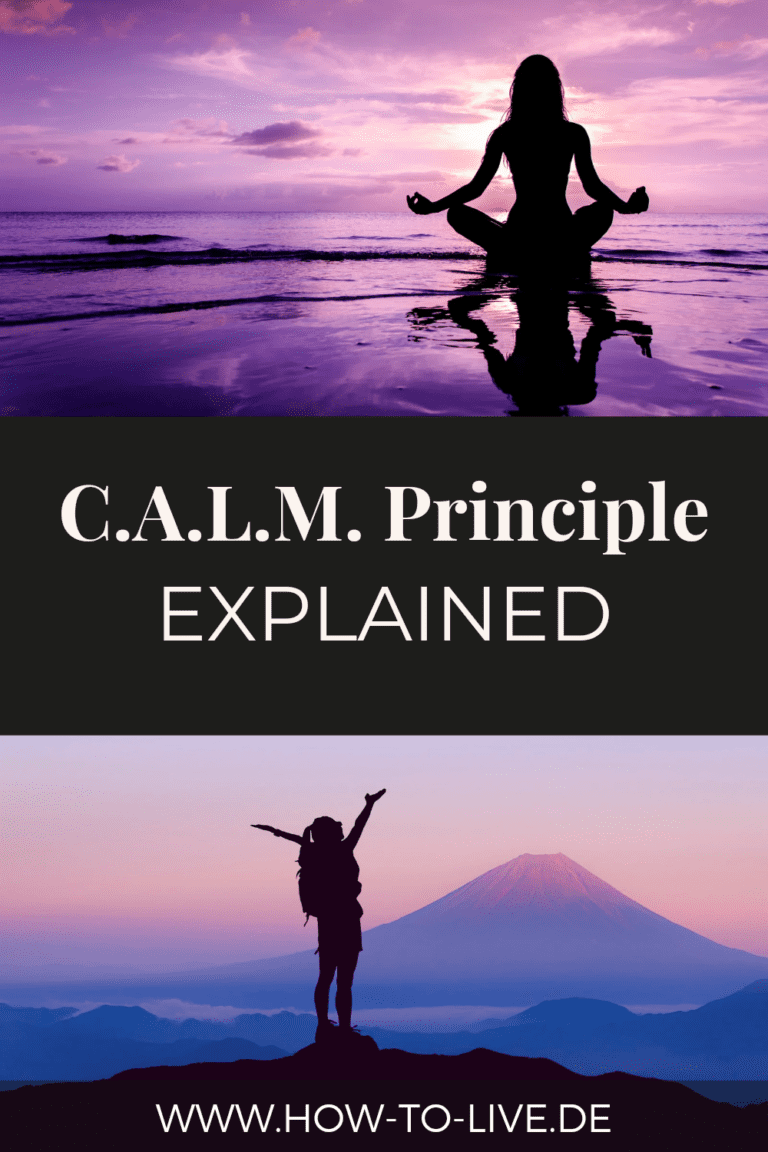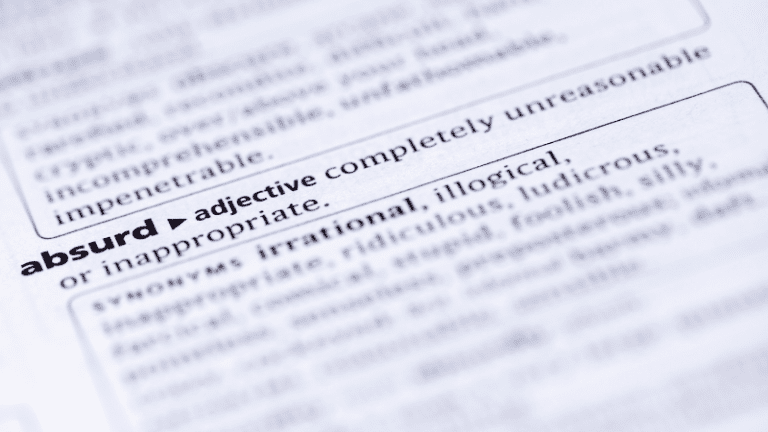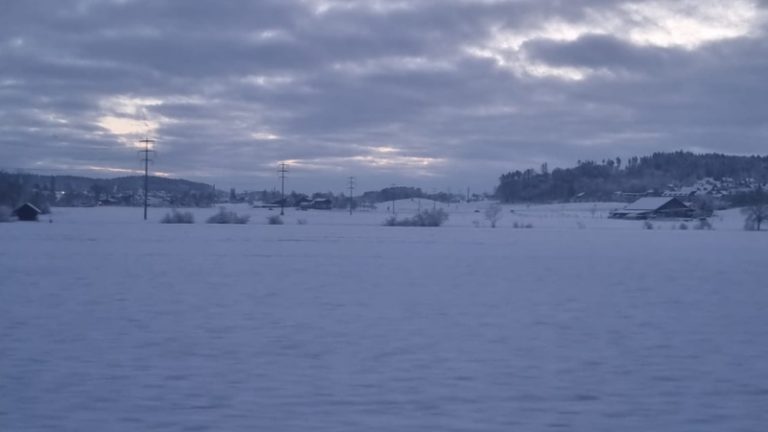Kierkegaard on the role of fear in freedom
Even when we have the opportunity to fulfill our potential, we often don't. You are probably familiar with the fact that you don't always make the most of your potential. There are many reasons for this, but one of the most common is probably that humans are creatures of habit, which in turn has to do with a fear of conscience:
"Fear is the vertigo of freedom. Those who have learned to be anxious in the right way have learned the ultimate"
Søren Kierkegaard
Kierkegaard's assertion provides a deep insight into the human condition. Even if it may not seem like it, the relationship between freedom and fear is a complex one.
In its purest form, freedom offers an infinite variety of possibilities. This vast array of possibilities can be overwhelming and lead to what Kierkegaard calls "vertigo". This feeling is not just a by-product of freedom, but an integral part of the experience of freedom. It is a sign that there is real freedom in our lives, a limitless horizon that may inspire us, but can also make us feel insecure.
The discomfort that comes with this dizziness is not without reason. It is an important element in our existential journey and forces us to confront our deepest fears and insecurities. This confrontation is not a sign of weakness, but proof that we are grappling with the full spectrum of human existence. The greatest learning effect therefore comes from our ability to "be fearful in the right way". This is not about succumbing to fear, but about recognizing fear as a guide to lead us through the complicated dance of freedom.
In our modern lives, it can be tempting - consciously or unconsciously - to seek refuge in the illusion of security and predictability. We often construct elaborate routines and impose restrictions on ourselves to escape the discomfort of too much freedom. These barriers, however well-intentioned, can inadvertently shield us from the pulsating complexity of life. They blunt the edges of freedom and reduce our existence to a series of manageable but ultimately superficial encounters.
As you navigate your freedom, consider how you can avoid the dizziness that Kierkegaard speaks of. Are there moments when you retreat from the abundance of possibilities available to you? I definitely know them. It is in these moments that the greatest opportunity for growth lies. Embracing the discomfort of the vertigo of freedom isn't just about tolerating uncertainty; it's about recognizing and embracing the fullness of our potential.
Kierkegaard's insight challenges us to grow beyond mere existence. When we learn to be anxious in the right way, we see our freedom not as a burden, but as a canvas. This perspective does not diminish the reality of our fears, but makes them an essential part of our journey. Through this confrontation, we can come to appreciate the true extent of our freedom - not as a source of vertigo, but as the ultimate expression of our humanity.
In this light, fear becomes not only an unavoidable but also a valuable part of life. It reminds us of our freedom and invites us to embrace the uncertainty that comes with it. When we learn to consciously deal with our fears, we open ourselves up to the great possibilities that freedom offers. This is the highest Kierkegaard speaks of: a deep recognition of our ability to engage with life in its fullest, most complex form.
Oh, and Kierkegaard also said: "The less spirit, the less fear."
So if you feel a relatively high level of spirit, that doesn't have to be a bad thing.


